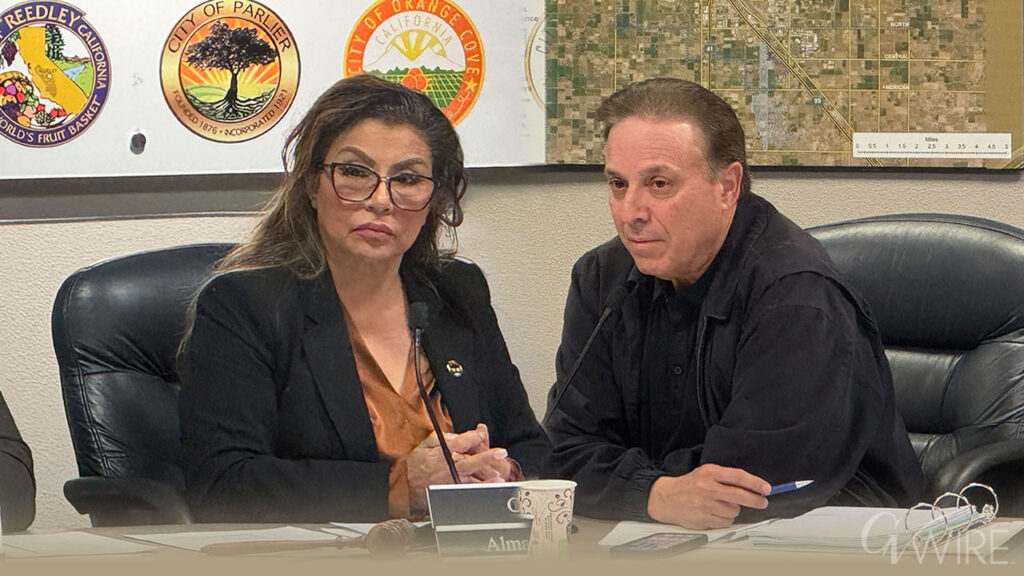Share
The abrupt and apparently prolonged closure of California’s public schools due to coronavirus fears is — or should be — a reminder of their vital societal role.
Six million kids will miss at least a few months of schooling. While many are receiving some education at home, from parents and/or via the internet, the lack of classroom instruction will be felt most keenly by the 60% who come from poor families and/or are English-learners, thus widening the state’s already yawning “achievement gap.”

Dan Walters
Opinion
One factor, the researchers found, is that while the extra money allowed the district to hire more teachers, schools with the highest proportions of at-risk kids tended to get the least experienced and capable teachers.
“Despite Sacramento’s best intentions, this surge in school funding failed to budge such wide inequities in which kids benefit most from L.A. schools,” team leader Bruce Fuller said. “Going forward, the state might ensure that funding gains reach intended students, and that principals become mindful of how fresh resources are distributed within their schools.”
Efforts Within the Legislature and the Education Bureaucracy to Dumb Down the Standards
The study bolstered other research indicating that a well-qualified teaching corps is the single most important factor in boosting academic performance. Unfortunately and inexplicably, however, there are efforts within the Legislature and the education bureaucracy to dumb down the standards for being licensed to teach.
A few months ago, California’s Commission on Teacher Credentialing was on the verge of eliminating a requirement that applicants for licenses be required to demonstrate competence in teaching reading, essentially caving in to complaints that the test is too tough.
A coalition of education reform groups, including those advocating for victims of dyslexia, raised a stink about the proposal, pointing out that “nearly 70% of all California’s fourth-graders are not reading proficiently at grade level” in national academic tests. Behind the scenes, aides to Gov. Gavin Newsom — who suffered dyslexia himself — intervened to sidetrack the proposed rule change and block a legislative bill with the same goal.
Very soon afterwards, however, a Republican assemblyman from San Luis Obispo, Jordan Cunningham, introduced a bill that would virtually eliminate another test that potential teachers must take to be licensed, the California Basic Educational Skills Test or CBEST.
The CBEST Controversy Has Raged for Decades
It is, as the name implies, just a test of general educational knowledge, roughly what a high school graduate should have learned. Unfortunately, however, initial CBEST passage rates by black and Latino applicants tend to be under 50%, leading to demands that it be jettisoned.
EdVoice, which led the opposition to elimination of the reading test, is raising alarms about Cunningham’s bill.
“This legislation is a mistake. There is no need to lower the bar even further for new teachers. Families should be confident that their child is being taught by a teacher who has a basic understanding of reading, writing and math,” said EdVoice president Bill Lucia, adding, “Watering down the basic skills requirements we ask of our teachers is not the answer to the teacher shortage. Our kids deserve better.”
Yes, they do.
CalMatters is a public interest journalism venture committed to explaining how California’s state Capitol works and why it matters. For more stories by Dan Walters, go to calmatters.org/commentary.
[activecampaign form=31]



















